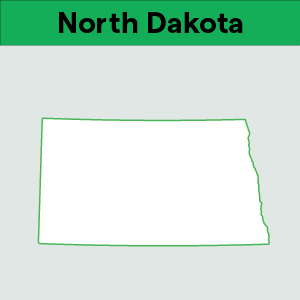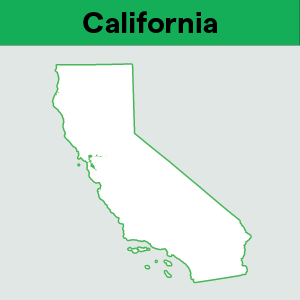How to use a Hawaii resale certificate
by November 12, 2024
Unlike most other states, Hawaii does not have sales tax in the traditional sense. Instead, it has a general excise tax (GET). The difference between a sales tax and a GET is that sales tax generally applies to customers but a GET applies to businesses. However, businesses can pass on their GET costs to their customers at the time of sale as long as the customers agree to pay it. The business just has to make it clear that the customer is paying GET within their purchase price. Not being clear about that violates customer protection laws.
What does this mean if you are a reseller trying to buy items tax free for resale? While many states waive sales tax on tangible goods purchased to be resold, Hawaii lowers the tax percentage from four percent (4.5 percent in the city and county of Honolulu) to a half percent. However, you must have a valid Hawaiian resale certificate for these transactions. This post will detail how to use a resale certificate as a buyer and how to accept one as a vendor.
How to use a Hawaii resale certificate
As the buyer, you’ll present your Hawaii resale certificate to the vendor at the time of purchase. Make sure that it’s filled out completely, including both the seller and purchasers name and addresses. There’s also a portion about the nature and description of your business that must be applicable to your purchase.
Once you’ve presented your Hawaii resale certificate to a vendor, it’s applicable for all sales between you and that vendor. If there are sales that are inapplicable to the certificate, you’ll notify the vendor of that in writing. If your status changes and you’re no longer eligible for the resell tax rate, you’ll need to send a written notice of revocation to your vendors.
And finally, it’s important that you retain a copy of all resale certificates you present to wholesalers. If you need to give written notice of a revocation or inapplicability to any vendors, keep a copy of those notifications, too. You’ll need them all for your records.
How to accept a Hawaii resale certificate
As a wholesale vendor, you have a couple of duties when it comes to accepting Hawaii resale certificates. You must receive one at the time of purchase. Be sure to refuse to accept any certificate that isn’t properly filled out. All of the fields should be complete and should match the buyer’s information.
Remember, you’re accepting these resale certificates on good faith. This means that to the best of your knowledge, you’re selling goods to someone who will resell them and has a valid tax account and a valid resale certificate. If for any reason you believe that the goods you’re selling are not for resell, you must collect the applicable (usually four percent) tax on that transaction.
According to Hawaiian state law, you’re also responsible for keeping proper sales and tax records. Be sure to keep all resale certificates you’ve collected, along with written notices of inapplicability or revocations.
You can read more about how to use and accept Hawaii resale certificates on the Hawaii Department of Revenue website.
Ready to automate sales tax? To learn more about TaxJar and get started, visit TaxJar.com/how-it-works.








